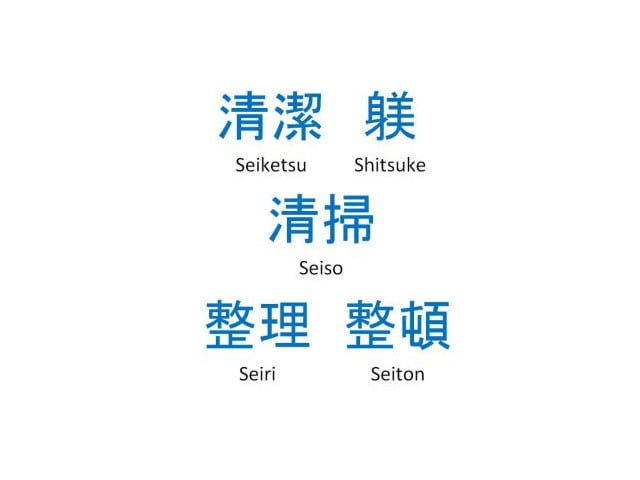The Words Matter Movement
The Words Matter Movement involves being a practitioner of careful, thoughtful and deliberate positive communication. It is so easy to speak without thinking. To not genuinely listen and connect with people. When words are used in the wrong way it can be devastating.
Words are container of power. So, how are you using yours? Words motivate or deflate thoughts hopes, dreams and actions. Words have the power to excite, inspire, elate, sadden, frighten, anger or give hope. Language is behavior. What you say matters. It shapes your environment, your work and your life.
I am particularly aware of the power of word use because my father would refuse to hear negative words. He literally would say, “I can’t hear you.” When I would whine or complain about something, when I was a young child. So, the first time I did this, he would say, “I can’t hear you.” I naturally would say the same screeching whine, only louder. It wasn’t until he said, “I can’t hear you, I only can hear positive words.” That I realized if I was going to get what I wanted, I had to say it in a more positive way. Unbeknownst to me at the time, he was actually treating the way he communicated with me like a behavioral science experiment. My dad, having an extensive psychology background, was practicing the B.F. Skinner approach to behavioral psychology in shaping my communication style. The good news is that it worked! It conditioned me to look for the positive and speak from a more positive thought process, and ultimately raise my children that way.
Being acutely aware of the importance of word choice and language when communicating, one day, as I was driving my son, Wilson home from school there became a ‘teaching moment’ for us both about word choice. Wilson was 7 years old. He was in the backseat of the car, propped up in his car seat. I started telling him about all the things he was going to be doing that afternoon. I said, “Wilson, we have to get you a haircut, and then we are going to Cooper’s house for a playdate, and then you have a lot of homework to do. I could see by looking at him in the rearview mirror while driving that he was clearly not happy about this. He said, “Mom it’s too much!” And then he said in a very angry and emphatic tone, “What are you…Nuts?!” I was stunned. I had never heard him speak like this before. He had never been so blunt and rude. Immediately I said, “Wilson! Watch your words. We don’t talk like this in our family. That was not a nice thing to say. Don’t ever speak to me like that again.” I was so upset. Wilson being quick-witted rephrased his comment with a smile. Without missing a beat he said, “Ok, then, what are you…Cashews?!” At which point we both burst out laughing. I said, “That’s genius!” and I rearranged his afternoon plans and added more downtime for him. Would you rather be called Nuts or Cashews. Cashews works better for me.
It reminds me of when I was in the office with my ‘reverse mentor’ Will Hart. Will started working for me when he was 12 years old because he was a computer wizard with an abundance of technical talent. Although, mature for his age, one day I said something that I thought was very funny. Will looked at me like I was crazy and said, “You’re so weird.” I didn’t want to be weird, I wanted to be funny! Those words of his contained power because they bothered me.
A few days later, it happened again! I said something I thought was funny, and he said you’re so weird! Adding the word ‘so’ made it worse. I had to tell him how I felt. I said, “Will, when you say I am weird when I am trying to be funny, it hurts my feelings. He said, “But you are weird when you think you’re funny.” I said, “Well then, regardless, the next time I am trying to be funny and you think I’m being weird, can you please say, ‘You’re funny. Or You are so funny!’? He agreed. Since I like to see the humor in things it didn’t take long for me to see the humor in something and say it. At which point Will said,“ You are soooo funny!” “Really?” I replied. “Do you mean funny, funny or weird funny?” He said, “Weird funny.” And I was ok with that because it took the sting out of it.
Another time a few weeks later I said something I thought was hysterical when working with Will. He started to laugh and said, ‘That’s funny!” I said, “Do you mean it was funny, funny or weird funny?” He said, “No, that was hysterical!” And of course, that made me feel great because of the validation.
When he would say I was being ‘funny’ (meaning weird) it didn’t bother me, because I knew I was funny, even though his words were still meant as me being weird. In a strange way, I could handle being called weird better, when it was disguised in the word funny. When I spoke about this wordplay in a keynote presentation on leadership and the important role of effective communication, someone came up to me afterwards and thanked me. She said she realized that one of her associates was always saying that she was a perfectionist and it was increasingly bothering her. She said by listening to the stories I told, she now knew how to handle it.
Your environment shapes you. Words are a significant part of your environment. If you want positive change in your work and life, watch the words around you. Words are containers of power. Words Matter. How are you using yours?







